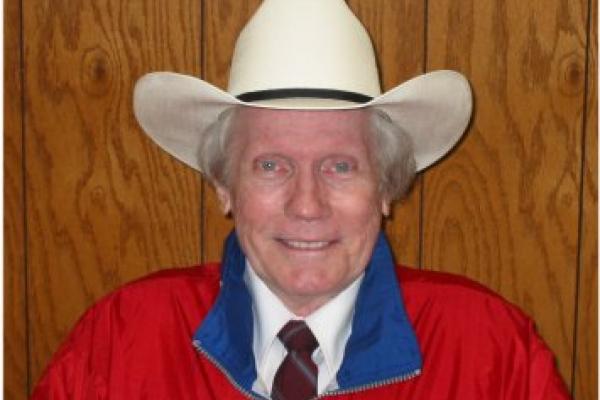As anti-gay preacher Fred Phelps passes on to whatever is his reward, we need to ask how he managed to inspire a following.
His was hardly an exemplary life. One neighbor remembers seeing his children in Topeka, Kan., in the 1970s and noticing they were bald. He was told Phelps sent his kids out to sell some product, and if they didn’t make their quota, he shaved their heads as punishment.
Many tell how Phelps and his followers at Westboro Baptist Church sent vicious faxes when gay men were dying of AIDS, picketed military funerals with “God hates you” signs, and blamed terrorist attacks and fallen soldiers on America’s growing tolerance of homosexuality.
He was consistent, that’s for sure. Brutish and bullying from home to pulpit to public forum. Filled with anger and hate. And totally unrestrained in how he expressed his rage.
Read the Full Article

